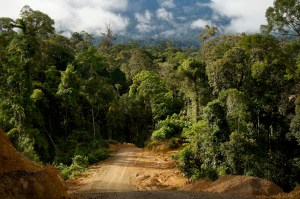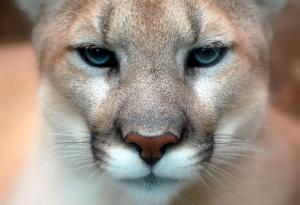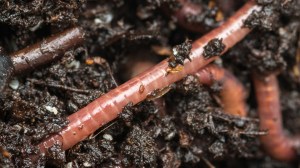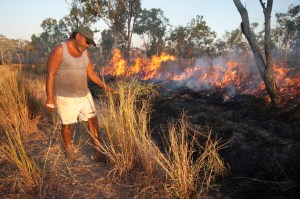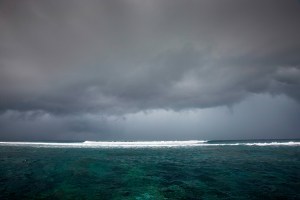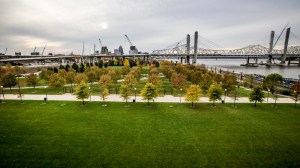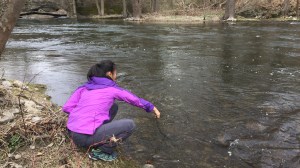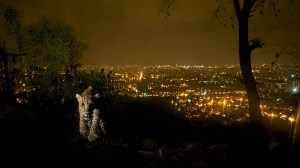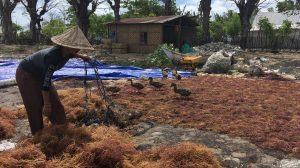Discover stories in Human Health
Human Health At Risk As Tropical Forests Disappear
Widespread forest clearing in Indonesia could be putting people’s health at risk, as trees provide powerful cooling services.
How Wild Predators Can Improve Human Health
Wild predators are almost always painted as the villain in myth and popular culture, but the truth is that predators are key for healthy ecosystems, and even healthy people.
Could Red Wiggler Worms Eliminate Stinky Campground Toilets?
The least fun part of summer camping? Smelly toilets. But a scent-free future may lie with a humble worm.
New Research: Savanna Burning for Global Emissions Reductions
New research from The Nature Conservancy demonstrates that savanna fire management has the potential to significantly reduce greenhouse gas emissions.
Making Nature’s Value Visible (To All): Coral Reef Edition
To all the benefits of coral reefs, add one more: flood reduction. Without coral reefs, annual global damages from flooding would double.
Solving (Part of) the Urban Forest Paradox
Power to the Trees: New research from TNC and NASA shows targeted urban reforestation efforts can provide meaningful public health benefits in terms of reduced mortality and morbidity.
Giving Back to the Ocean: Citizen Science for Clean Water
Poor water quality in Hawaii's oceans degrades corals, threatening the fish and other creatures (including people) that rely on them. A dedicated group of citizen scientists gather water samples from 48 monitoring sites off the coast of Maui.
Aquanauts Join Forces with The Nature Conservancy to Monitor River Restoration!
In preparation for the removal of the Columbia Lake Dam and restoration of the river, the Aquanauts and The Nature Conservancy team up for a citizen science monitoring project.
Engaging High Potential Communities in Urban Nature Conservation
How can international conservation groups like The Nature Conservancy engage authentically in highly localized, nuanced urban spaces? The results of a spatial and socioeconomic analysis have been published in Conservation Letters.
Urban Leopards Can Save Lives By Eating Feral Dogs
Having a leopard as a neighbor has risks, but it may also reduce rabies risk.
Rehabilitating Watershed Natural Infrastructure in Africa: A Smart Investment to Reduce Urban Flood Damages
The economic case for nature-based solutions as part of a comprehensive approach to environmental problems.
Seaweed Farming: A Gateway to Conservation and Empowerment
Seaweed farming is often viewed as the pinnacle of sustainable aquaculture - but ensuring sustainability is incredibly complex.
